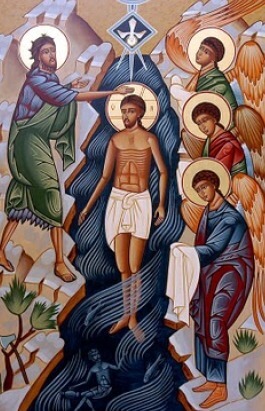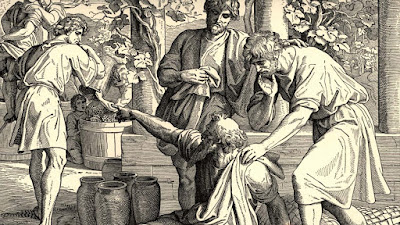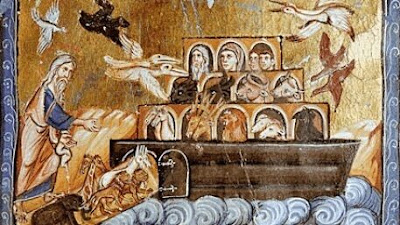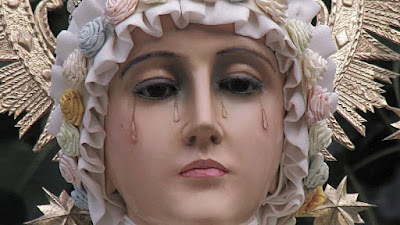Homily for the Baptism of the Lord, January 10, 2021, Year B

Fr. René J. Butler, M.S. La Salette Missionaries of North America Hartford, Connecticut ( Click here for today’s readings ) There are at least four major scenes in the Bible involving water. At the very beginning of creation, even before God utters the words, “Let there be light!” we find the Spirit of God hovering over the waters. In Noah’s time water became a great flood. It marked the end of vice and a new beginning of virtue. It was also then that the dove became a significant symbol of peace. In the book of Exodus the descendants of Abraham passed dry-shod through the waters of the Red Sea. The time of slavery was over. A new time of freedom had begun. All four Gospels mention the baptism of Jesus in the waters of the Jordan. This marked the end of Jesus’ private life and the beginning of his public ministry. Again, we find the Holy Spirit present at the event. Jesus’ appearance on the public scene can hardly be called a “grand entrance.” No one in the crowd, except maybe


